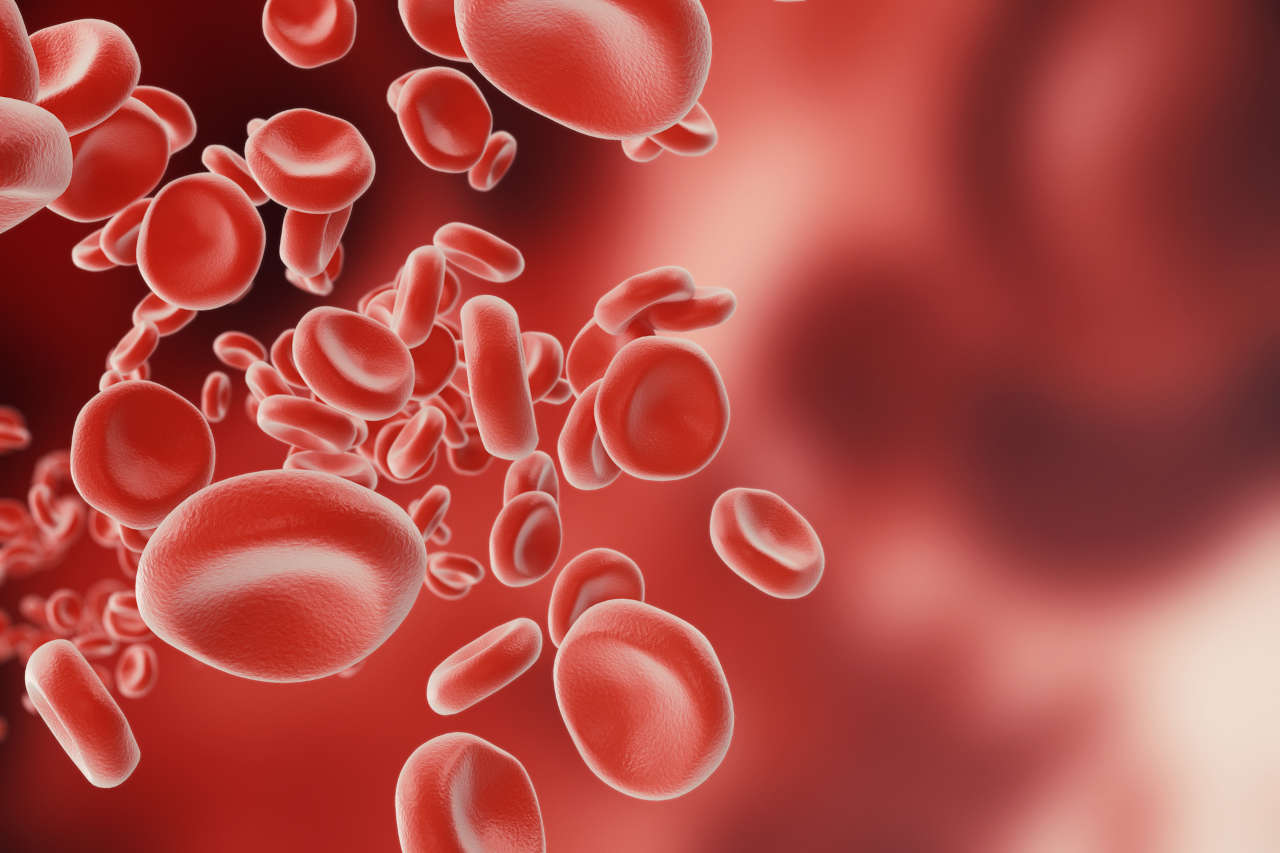
Procrit is a prescription medication FDA-approved to treat anemia. Anemia is a condition where there are low numbers of red blood cells in the body, usually caused by long-term kidney disease, cancer therapy, or an HIV medicine called zidovudine.
Get Copay Assistance for Procrit
Important Information To Know About Procrit
This medication can cause potentially fatal side effects, such as heart attack, stroke, and blood clots.
In people with cancer, it may cause the tumor to grow faster and lead to early death. Talk to your provider to learn more about the potential risks and benefits.
Contact your healthcare provider right away if you have:
- Chest pain
- Trouble breathing or shortness of breath
- Pain in the legs
- A cool, cold or pale arm or leg
- Sudden confusion, difficulty speaking, or difficulty understanding another person’s speech
- Unusual numbness or weakness in the face, arm, or leg, typically on one side of your body
- Sudden vision problems
- Sudden difficulty walking
- Dizziness
- Loss of balance or coordination
- Fainting
- Hemodialysis vascular access that stops working
What Is Procrit?
Procrit is a brand-name product. No generic versions of this medication are available.
It contains the active ingredient “epoetin alfa” made by recombinant DNA technology. Epoetin alfa is a lab-created protein similar to the naturally occurring hormone erythropoietin.
Procrit is in a medicine class called erythropoiesis-stimulating agents (ESAs).
How Does Procrit Work?
Procrit injection works like erythropoietin; it causes your bone marrow to make more red blood cells (RBCs). It does so by increasing the number of precursor cells that eventually mature into RBCs. It also promotes hemoglobin formation.
What Is Procrit Given For?
The U.S. FDA approved this medication to treat anemia caused by:
- Long-term kidney disease
- Cancer therapy
- An HIV medicine called zidovudine
This medication is also used to lower the requirement for RBC transfusions in individuals undergoing certain surgeries.
How Is Procrit Supplied and Used?
Procrit injection comes as a sterile, clear, and colorless solution in single-dose and multiple-dose vials.
The following strengths are available in the US:
Single-dose vials: 2,000 units/ml, 3,000 units/ml, 4,000 units/ml, 10,000 units/ml, and 40,000 units/ml.
Multiple-dose vials: 20,000 units/2ml (10,000 units/ml) and 20,000 units/ml.
The single-dose vials are preservative-free, whereas multiple-dose vials contain preservatives.
A healthcare professional will inject Procrit injection between your skin and muscle (subcutaneous/SC) or into one of your veins as an intravenous (IV) infusion.
After a few initial doses, your doctor may teach you how to self-inject this medication at home. For at-home shots, use this medication only as directed.
Speak to a Specialist
About Copay AssistanceProper Use, Storage, and Disposal
- Follow instructions for use. Seek help from your provider if you need help understanding the instructions.
- Inject exactly as instructed.
- Never change your dose on your own; talk to your provider first.
- Your healthcare provider will teach you how to inject, how much to inject, how often to inject, and how to dispose of used vials, syringes, and needles.
- Talk to your provider if you miss your dose or inject higher-than-prescribed doses.
- During treatment, follow your provider’s instructions about your diet and medications.
- Get your blood pressure measured as instructed by your provider.
- Store between 36°F and 46°F (2°C and 8°C).
- Avoid freezing and shaking. Never use shaken or frozen products.
- Store vials in the original carton until use to protect them from light.
- Use the single-dose vials only once. Discard them after use, even if there is medicine left in the vial.
- After removing your dose from the multiple-dose vial, store the vial in the refrigerator (do not freeze). Do not store the vial for more than 3 weeks.
- Place the used syringe in an FDA-cleared sharps disposal container immediately after use.
- Click here to learn more about sharps disposal in your state.
What Should You Know Before Taking Procrit?
Before receiving your first dose, inform your provider if you have:
- Heart disease
- High blood pressure
- A history of a seizure or stroke
- Been on dialysis
Procrit Side Effects

Side effects can be mild or severe.
Common Side Effects
- Joint or muscle soreness
- Fever, cough, or chills
- Dizziness
- Increased blood sugar
- Low blood potassium level
- Rash
- Nausea/vomiting
- Low white blood cells
- Difficulty sleeping/swallowing
- Sores in your mouth
- Itching
- Headache
- Runny nose, sneezing, and congestion
- Weight loss
- Depression
- Redness, pain, or swelling at the injection site
Talk to your provider or pharmacist if any side effect worsens or does not go away.
Get Financial Assistance
Serious Side Effects
Call your provider immediately or seek emergency care if you have:
- Rashes, hives, or itching
- Swollen face, throat, tongue, lips, or eyes
- Skin blisters or peeling skin
- Wheezing
- Difficulty breathing or swallowing
- Unusual tiredness
- Lack of energy
- Dizziness
- Fainting
- Seizures
Use in Pregnancy, Lactation, and Children
There is insufficient human data on drug-associated risk. Rat studies show fetal harm at initial human doses. Thus, tell your doctor if you are pregnant or plan to become pregnant.
Your doctor may prescribe this medication if the benefits outweigh the risks. If needed during pregnancy, use single-dose vials. Avoid using multiple-dose vials in pregnancy, as they contain benzyl alcohol.
Do not breastfeed during treatment with Procrit and for at least 14 days after the last dose. If needed while breastfeeding, use single-dose vials.
This medication may be used in children (between one month and 16 years old) to treat anemia caused by long-term kidney disease. When therapy is needed in this population, use single-dose vials. No information about safety and efficacy with use in infants younger than one month is available.
This medication may be used in individuals between 5 and 18 years to treat anemia due to cancer therapy.
Studies show the benefits of Procrit (IV or SC) for individuals between 8 months and 17 years to treat zidovudine-associated anemia.
Who Shouldn’t Receive This Medication?
You should not use this medication if you have ever had a severe allergic reaction to this product, product components, or other similar products.
Other contraindications for this medication include:
- Uncontrolled high blood pressure
- Pure red cell aplasia (a rare blood disorder) that begins after taking Procrit or other similar medications
- Multiple-dose vials in neonates, infants, pregnant women, and breastfeeding women
How Much Does Procrit Cost?
Cost can vary depending on your insurance plan, location, and pharmacy. Contact your insurance provider to find out if your plan covers this medication or if you need prior authorization. Click here to learn about Procrit Copay Assistance.












